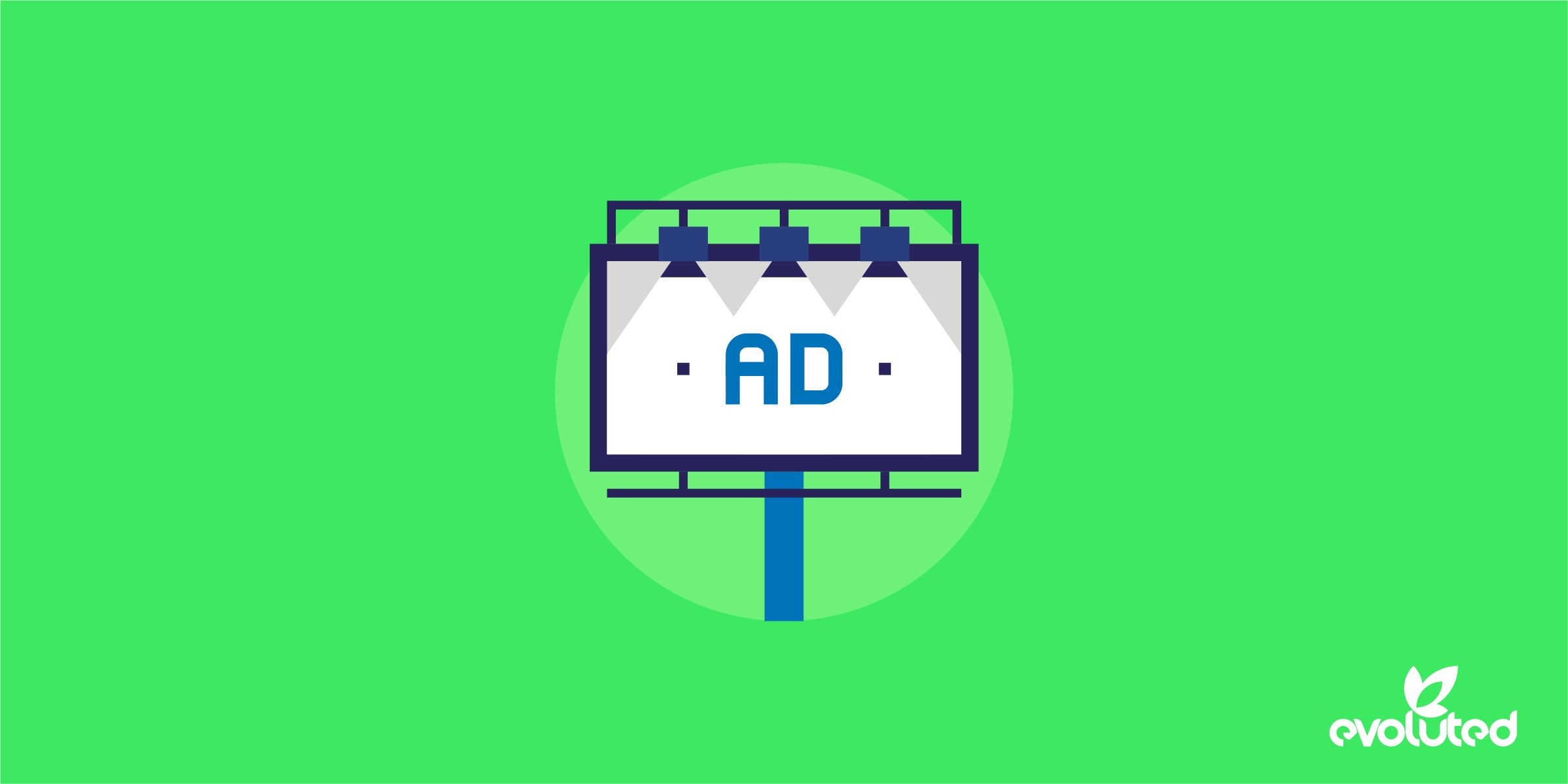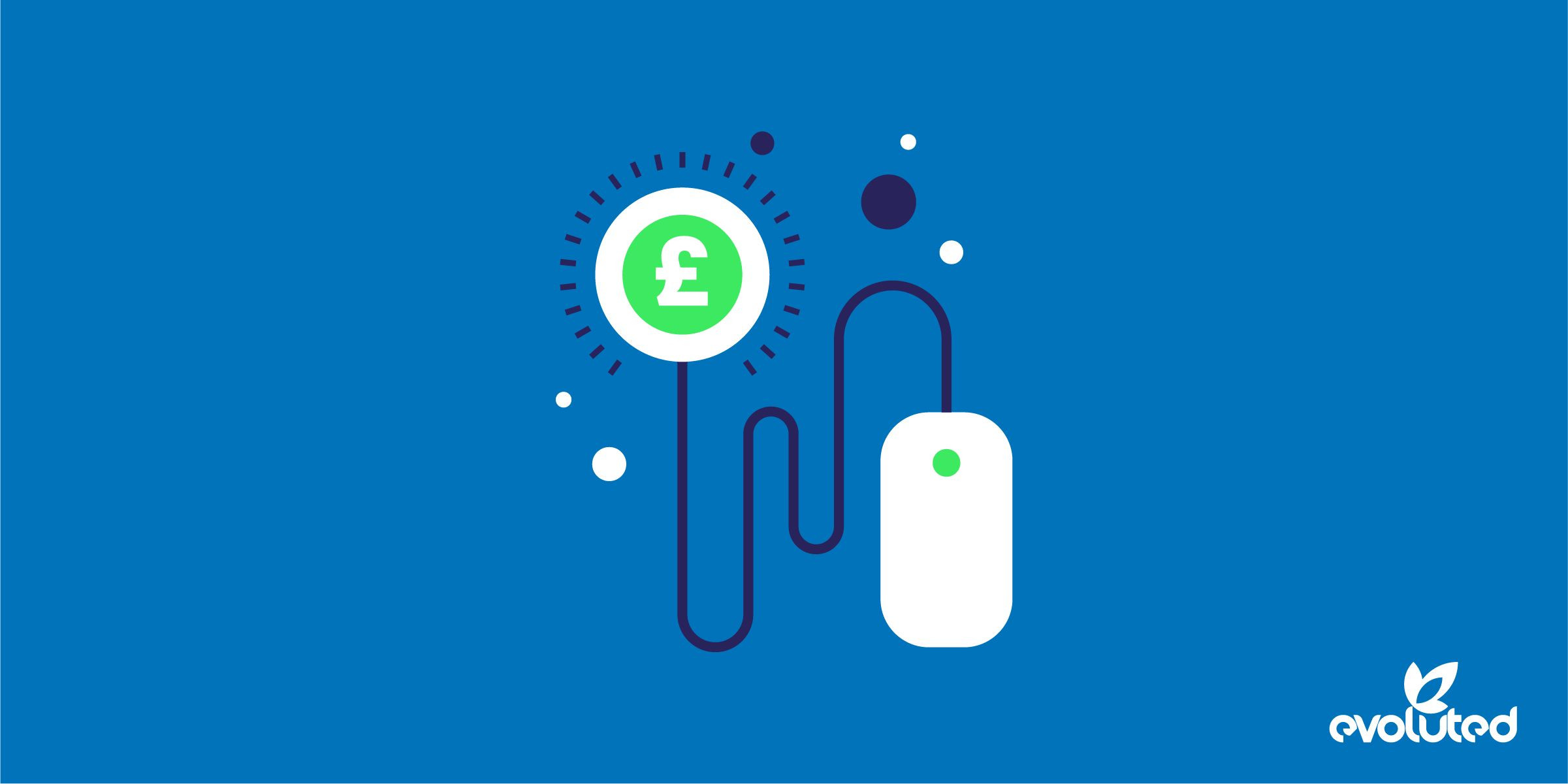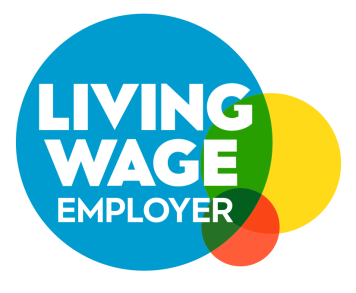Let’s Talk About Automated Bidding Strategies
With 2022 just around the corner, one thing very likely to be at the top of most PPCers’ lists for next year will be automation. If you're not sure how to make it work for you, keep reading!

It’s no secret that pushing automation is high on Google’s agenda, with the trusty expanded text ad being discontinued from the summer of 2022, and dynamic search campaigns and ads becoming more and more popular as user buying behaviour becomes more complex.
For some, automation may seem scary. Handing over control to Google’s machine learning can feel like you’re losing some control over your account, but Google offers plenty of reassurance that automation is a creative solution to optimise campaigns and ad performance.
So how does automation work on Google Ads?
According to Google: “Google Ads Smart Bidding and Smart Creative solutions use machine learning that analyses millions of signals in real time to show the right message to the right customer in the moments that matter.
“So instead of having to spend time manually optimising your ads or bidding, you can get better results faster with the help of automated solutions.”
Sounds good, right?
In this blog we’re going to be taking a deeper look into automation on Google search campaigns, particularly at the range of automated bidding strategies it offers, and what you can expect from them.
Firstly, let’s take a look at why you might opt for an automated bidding strategy on your search campaigns, or why you might not.
One thing that’s for sure is that automated bidding does take the heavy lifting and guesswork out of setting your bids. There’s no need to manually update bids, which can save you a lot of time.
It also uses machine learning to assess performance over time, so it can optimise your campaigns for your specific goals, making your campaigns as efficient as possible.
It is worth considering, however, that machine learning can’t take context into account like a marketer can, such as media trends, flash sales, or recent new events. All of these things, and more, can change users' behaviour online, which may require a more manual approach.
Google also doesn’t know your business as well as you, and automation also relies on your account having historical data to work from, which if you're working on a new account, you might not have.
There’s clearly a few things to think about when it comes to using automated bidding strategies on your account, so we thought we’d dive into some of the strategies you can choose from for your Google search campaigns.
MAXIMISE CLICKS
Maximise clicks does what it says on the tin - it sets your bids to help you get as many clicks as possible with your budget.
With this strategy, you can set a cap on bids to let you control the maximum amount you want to pay per click. Or, you can leave this blank and let Google decide what to bid to get you as many clicks as it can for your budget.
TARGET IMPRESSION SHARE
If increasing your visibility is at the top of your list, target impression share might be more useful. This bidding strategy will aim to set bids in order to ensure your ad shows at the ‘absolute top of the page’ on Google’s search results.
A great way to use this strategy is if you’re running a campaign on your brand terms, and you want to ensure your ad is appearing on 100% of any searches for your brand. You can set the Target Impression Share to 100%, and the system will try to show you ads of 100% of the available auctions.
It’s also worth noting that target impression share is only available across the Search Network.
TARGET CPA
Using target CPA sets bids to help you get as many conversions as possible whilst also setting a target CPA (cost per acquisition), so you can determine the average cost you’d like to pay for a user’s conversion action.
Target CPA bidding aims to find an optimal bid for your ad using historical information from your campaign, and also by using contextual signals that are present during the auction.
Google does state that some conversions may cost more or less than your target.
TARGET ROAS
Target ROAS (return on ad spend) works by allowing you to set a target ROAS, and then by predicting the value of a potential conversion when a user is searching for your product or service. It will then adjust your bids in order to capitalise on these searches to try and achieve your target ROAS.
For example, if the bid strategy determines that a user is likely to make a purchase with a high conversion value which equals or exceeds your target, it might bid higher to secure that click and purchase. On the other hand, if it determines that the user’s search probably won’t generate a high value conversion and might miss your target, it will bid lower.
MAXIMISE CONVERSIONS
Maximise conversions automatically sets bids to help you get the most conversions for your budget, but not necessarily the ones with the highest values.
This bidding strategy allows you to set a target CPA, so it can try and get as many conversions as possible at your target.
It also uses historical data from your campaign, as well as looking at contextual signals during the auction, to help find the optimal bid for your ad. It tailors each bid to help get the cheapest conversions for your budget.
MAXIMISE CONVERSION VALUE
If you’re wanting to get the most conversion value out of your budget, maximise conversion value might be the strategy for you.
With this strategy you can set a target ROAS, so Google knows what conversion value to aim for. You can also run this strategy without a target ROAS set, and in this case Google will aim to spend your budget in a way that achieves higher values.
WHAT ABOUT SMART BIDDING?
This is where it can get a little confusing. Whilst the above strategies are automated bidding strategies, some are also classed as smart bidding strategies.
Smart Bidding is a branch of automated bidding, which focuses on optimising for conversions or conversion value in auctions.
Here Google explains: “Smart Bidding sets precise bids for each and every auction to help drive higher conversion volume or conversion value at a cost efficiency that is comparable to or better than existing performance goals.”
It’s worth noting you need conversion tracking set up for smart bidding strategies. Some examples of smart bidding include target CPA, target ROAS, maximise conversions and maximise conversion value.
Whilst target impression share and maximum clicks are automated bid strategies, they don’t use auction-time bidding like smart bidding does.
BENEFITS OF AUTOMATED/SMART BIDDING
1. Advanced Machine Learning
Google is able to use its algorithms to assess data to make accurate predictions about your campaigns, and how different bids might alter performance.
2. Contextual Signals
Google’s machine learning takes into account attributes like device and location of the user, which can be beneficial in deciding bids.
3. Performance Controls
Whilst automation does take some of the control, you can still set performance targets to influence your bids and the return you want to ideally see.
4. Performance Reporting
Smart bidding can offer deeper insights into your bidding performance, which can be useful data to dig into and to utilise on your other campaigns.
WHO WILL AUTOMATED BIDDING WORK FOR?
The good thing about both automated and smart bidding is that it can work great for both large and small businesses. It assesses previous account data, even from old accounts, so you can see increased performance on new campaigns that haven’t had the chance to gather any data.
WHAT WE RECOMMEND
As automation is here to stay, we think it’s an important element of Google Ads that is beneficial to adapt into your search campaigns. There are so many benefits to it which you can’t achieve manually, but it is key to continue to keep an eye on your campaign performance to see if it’s working for you.
If you’re looking to change up your bidding strategies on your PPC account, or need a hand managing it, why not get in touch with our team?
Just contact our Paid Media team today!










